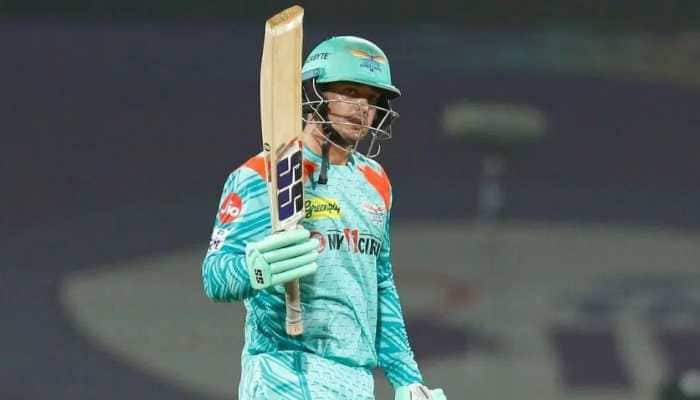Milkha Singh - The man, the legend
The `flying Sikh` beat all odds to emerge victorious.
Trending Photos
)
 With Indian athlete Milkha Singh’s biopic, Bhaag Milkha Bhaag, already making waves, his life is one compelling story waiting to be told.
Here are some interesting tidbits about the ‘flying Sikh`.
With Indian athlete Milkha Singh’s biopic, Bhaag Milkha Bhaag, already making waves, his life is one compelling story waiting to be told.
Here are some interesting tidbits about the ‘flying Sikh`.
Stay informed on all the latest news, real-time breaking news updates, and follow all the important headlines in india news and world News on Zee News.
Advertisement
Live Tv
Advertisement






)
)
)
)
)
)
)
)
)
)
